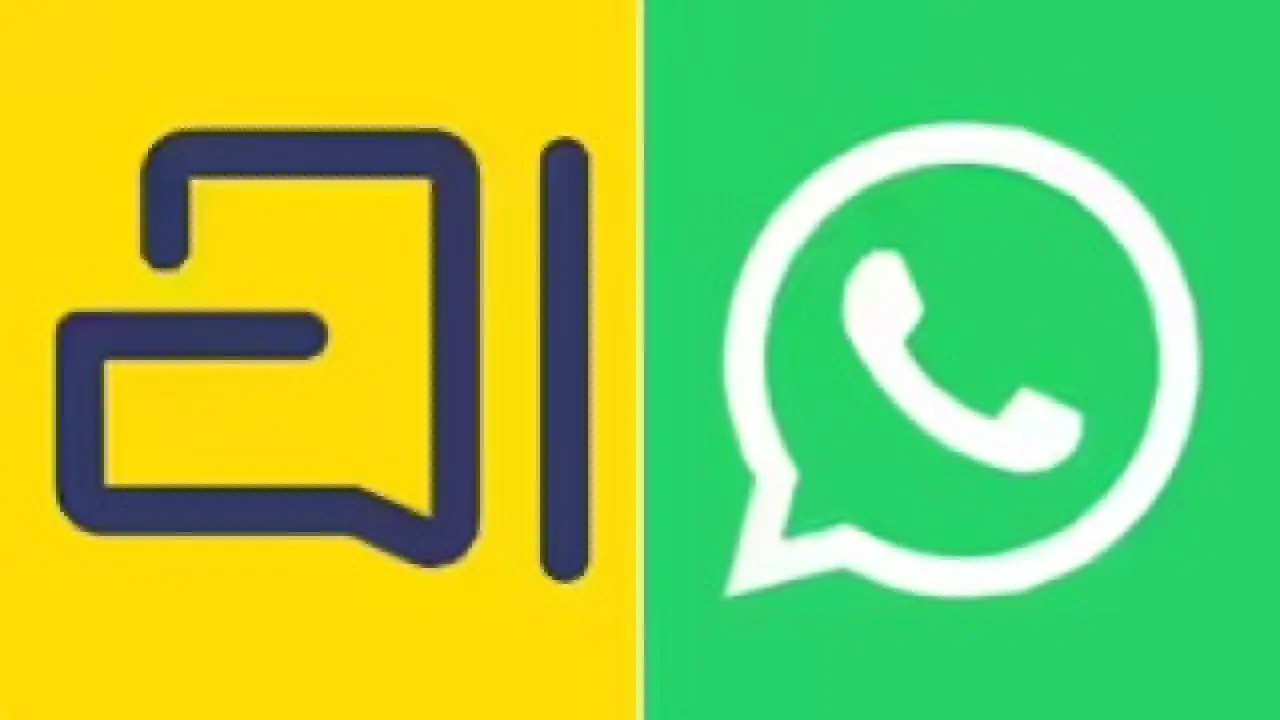
Supreme Court Rejects Doctor’s Claim That WhatsApp Access Is a Fundamental Right, Suggests Using Arattai App (Symbolic Image)
The Supreme Court rejected Lady doctor Claim: The Supreme Court of India has rejected the petition of a female doctor in which she had sought restoration of her blocked WhatsApp account. The doctor had claimed that it was her fundamental right to access the messaging platform, but the court clearly said that the use of a private messaging service does not come within the scope of constitutional rights. The decision comes amid the increasing dependency on digital communications, where users are often bound by the policies of the platform.
Dr. Raman Kundra had approached the Supreme Court, arguing that WhatsApp was essential for her professional and personal communications. Her account was blocked by the messaging platform, affecting her daily functioning. In the petition, they stressed that not getting access to such services is a violation of their right to freedom of expression and right to life. But a bench led by Justice Sanjiv Khanna rejected this claim outright, saying that WhatsApp is a private company and users are bound by its terms of service. The court suggested that doctors resort to other alternative messaging apps.
The Supreme Court stressed that access to private digital platforms like WhatsApp is not a guaranteed right under the Constitution of India. “You can use Arattai,” the bench remarked. Here Arattai was referring to Zoho Company's homegrown messaging app, which has been developed in India. The Court clarified that digital communication is important, but users have to follow the policies of the platform. They cannot claim private services as a constitutional right. Also, the court rejected arguments that WhatsApp’s action violates freedom of expression, saying such complaints should be resolved only through regulatory or civil channels.
"Senior advocate Ms. Mahalakshmi Pavani, appearing for the petitioners, has sought permission to withdraw this petition on the basis of directions, with the petitioners being permitted to avail themselves of other remedies available under law," the court order said. The bench accepted this request and dismissed the petition. This decision is an important step towards striking a balance between user rights and platform responsibilities in the digital age. Experts believe that this decision will set a precedent for similar petitions in the future.
Amidst this decision, Zoho's Arattai messaging app has come into discussion. Launched in 2021, the app, whose name means 'chat' in Tamil, recently reached the top spot in India's app stores. It became a trending app, beating WhatsApp, Telegram and Signal, especially due to the wave of patriotism and demand for indigenous digital platforms. In an era of AI concerns, spyware scams and scrutiny of Big Tech, Aartai's claim of a 'spyware-free, made-in-India messenger' is attracting users.
The support of government officials plays a big role in the success of Arattai. Many leaders, including Union Education Minister Dharmendra Pradhan, appealed to Indians to adopt indigenous platforms under the Self-reliant India campaign. Key features available in the app include
This app not only emphasizes privacy but is also designed keeping in mind the needs of Indian users. Experts say that the Supreme Court's suggestion will promote indigenous options like Arattai, which can prove to be strong on the data security and digital freedom front. Overall, this event adds a new chapter to Digital India, where indigenous innovation is getting priority along with user rights.





Copyright © 2026 Top Indian News
